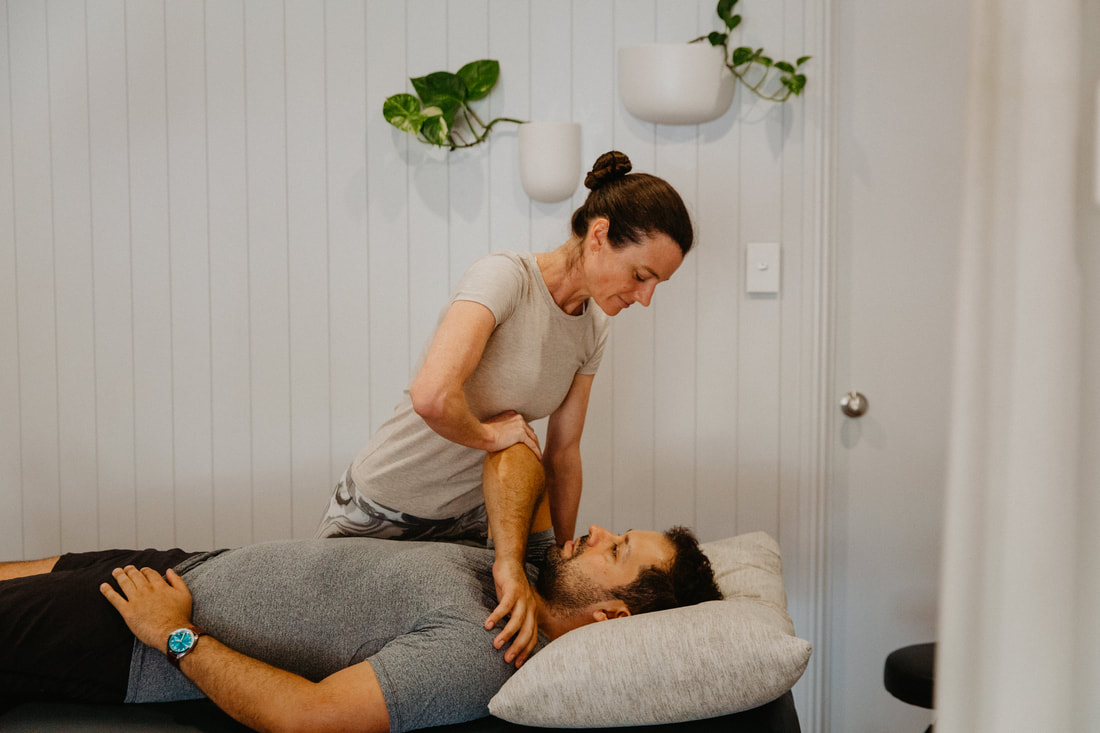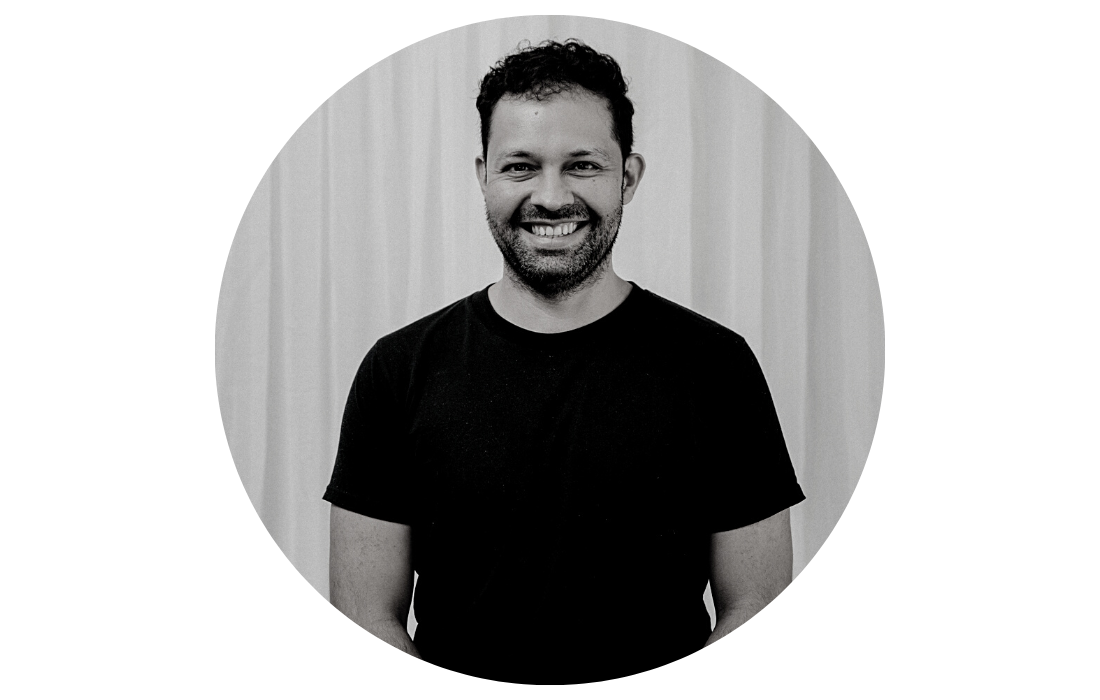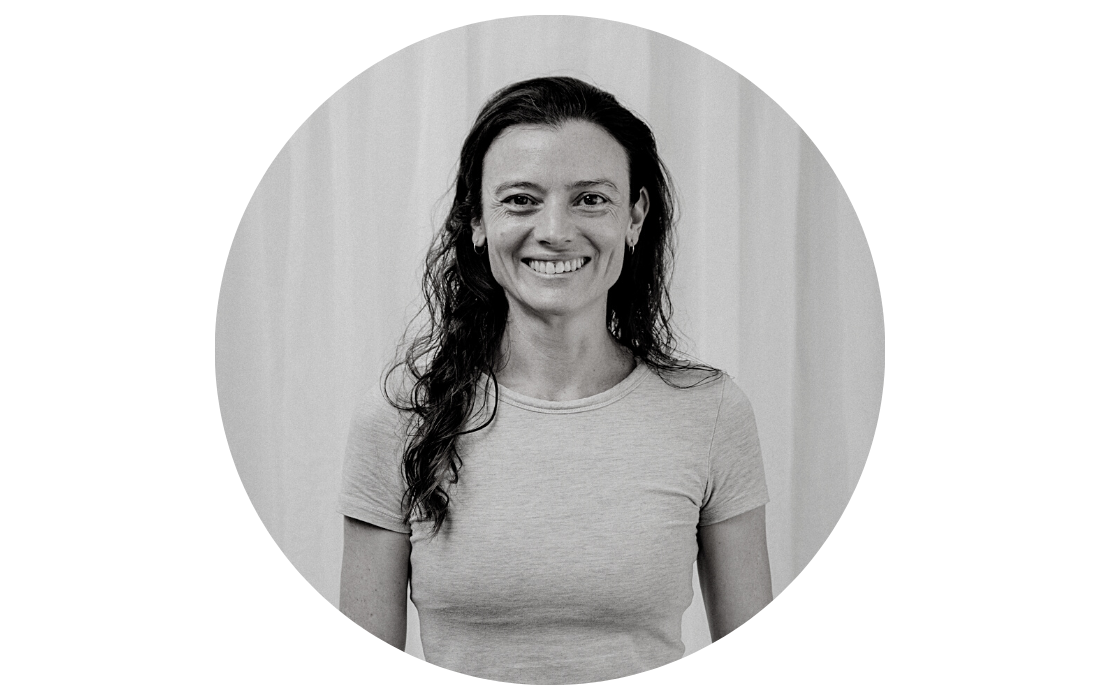Sports injury physiotherapy for MMA athletes.
Mixed Martial Arts and the Role of a Specialised Physiotherapist
Mixed Martial Arts (MMA) is a full-contact combat sport that incorporates techniques from various martial arts disciplines, including boxing, wrestling, Brazilian jiu-jitsu, karate, Muay Thai, and more. This sport demands a high level of versatility as athletes must be proficient in both striking and grappling techniques. MMA training and competition involve intense physical exertion and can place significant stress on multiple body systems.
Key Aspects of MMA:
The Importance of a Physiotherapist Specialized in MMA:
What Are Common Injuries Among MMA Athletes?
MMA athletes often experience injuries due to the sport's diverse and intense nature:
How Can MMA Athletes Prevent These Injuries?
Injury prevention is crucial for MMA athletes:
What Physiotherapy Treatments Are Effective for MMA Injuries?
Physiotherapy is key in treating and managing injuries in MMA:
When Should an MMA Athlete Consult a Physiotherapist?
Professional guidance is recommended in several scenarios:
How Can Physiotherapy Help in Long-Term Injury Prevention for MMA Athletes?
Long-term injury prevention is essential for MMA athletes:
What Recovery Strategies Should MMA Athletes Employ?
Effective recovery strategies are crucial for MMA athletes:
If you have been injured during MMA, there are many things that our Tarragindi physiotherapists can do to help get you back to being sport ready and active again so come in and speak to our friendly physiotherapists today! Feel free to give our Tarragindi Physiotherapy clinic a call on 07 3706 3407 or email [email protected]
Mixed Martial Arts (MMA) is a full-contact combat sport that incorporates techniques from various martial arts disciplines, including boxing, wrestling, Brazilian jiu-jitsu, karate, Muay Thai, and more. This sport demands a high level of versatility as athletes must be proficient in both striking and grappling techniques. MMA training and competition involve intense physical exertion and can place significant stress on multiple body systems.
Key Aspects of MMA:
- Diverse Skill Set: MMA athletes need to master a range of martial arts techniques, requiring flexibility, strength, and endurance.
- High-Intensity Training: Rigorous training sessions that include striking, grappling, sparring, and conditioning.
- Risk of Injuries: Due to the varied and high-contact nature of the sport, athletes are at risk of a wide range of injuries, from acute impacts to chronic overuse injuries.
The Importance of a Physiotherapist Specialized in MMA:
- Injury Prevention and Management: A physiotherapist with expertise in MMA can provide targeted injury prevention strategies and rehabilitation plans, tailored to the multifaceted nature of the sport.
- Performance Enhancement: Understanding the physical and technical demands of MMA, a physiotherapist can assist athletes in optimizing their performance while minimizing the risk of injury.
- Recovery and Conditioning Advice: Specialized physiotherapists can offer guidance on effective recovery techniques and conditioning exercises that are crucial for MMA athletes to maintain their fitness and prevent injuries.
What Are Common Injuries Among MMA Athletes?
MMA athletes often experience injuries due to the sport's diverse and intense nature:
- Concussions and Head Injuries: From strikes to the head during sparring and competition.
- Lacerations and Facial Injuries: Due to the high-impact nature of the sport.
- Shoulder Injuries: Including dislocations and rotator cuff injuries from grappling and striking.
- Knee Injuries: Such as ACL and meniscus tears from dynamic movements and takedowns.
- Hand and Wrist Injuries: From the impact of striking.
How Can MMA Athletes Prevent These Injuries?
Injury prevention is crucial for MMA athletes:
- Proper Technique: Mastery of striking, grappling, and defensive techniques to minimize stress on the body.
- Strength and Conditioning Training: Building overall body strength and flexibility to withstand the physical demands of MMA.
- Protective Gear: Utilizing sparring gear like gloves, headgear, and shin guards during training.
- Adequate Rest and Recovery: Balancing intense training sessions with adequate rest to prevent overuse injuries.
- Dynamic Warm-Up and Cool-Down Routines: To prepare muscles and joints for training and aid recovery.
What Physiotherapy Treatments Are Effective for MMA Injuries?
Physiotherapy is key in treating and managing injuries in MMA:
- Manual Therapy: Including massage, joint mobilization, and stretching to alleviate pain and improve mobility.
- Tailored Exercise Rehabilitation: Specific exercises to strengthen and rehabilitate injured areas.
- Movement Analysis and Correction: Assessing and correcting techniques to prevent re-injury.
- Pain Management Strategies: Utilizing modalities like ice therapy, heat therapy, or TENS.
- Injury Prevention Education: Providing guidance on safe training practices and conditioning.
When Should an MMA Athlete Consult a Physiotherapist?
Professional guidance is recommended in several scenarios:
- Post-Injury: For an accurate diagnosis and a comprehensive rehabilitation plan.
- Persistent Pain or Discomfort: Especially if it affects training or performance.
- Technique Improvement: To enhance martial arts skills and reduce injury risk.
- Preventive Strategies: Learning effective methods to reduce the risk of future injuries.
How Can Physiotherapy Help in Long-Term Injury Prevention for MMA Athletes?
Long-term injury prevention is essential for MMA athletes:
- Personalized Exercise Programs: Focused on the specific needs of MMA athletes, considering strength, agility, and endurance.
- Regular Assessments: To monitor progress and adjust training accordingly.
- Technique Refinement: Ongoing work to improve martial arts techniques and reduce injury risk.
- Nutritional and Lifestyle Advice: To support overall health and enhance athletic performance.
What Recovery Strategies Should MMA Athletes Employ?
Effective recovery strategies are crucial for MMA athletes:
- Active Recovery: Light activities to promote circulation and muscle recovery.
- Nutrition and Hydration: Key for muscle repair and maintaining energy levels.
- Adequate Sleep: Essential for physical and mental recovery.
- Mental Health Support: Managing the stress and pressures of competitive martial arts.
If you have been injured during MMA, there are many things that our Tarragindi physiotherapists can do to help get you back to being sport ready and active again so come in and speak to our friendly physiotherapists today! Feel free to give our Tarragindi Physiotherapy clinic a call on 07 3706 3407 or email [email protected]
Who to book in with:
Mauricio Bara
|
Emma Cameron
|
Yulia Khasyanova
|



